Reflections on War and Death
Reflections on War and Death
An interesting essay written as a comment to the outbreak of World War I. The essay was originally written only six months after the outbreak of the war. the translation into English was made by Abraham Arden Brill and Alfred B. Kuttner.
Book Excerpt
terms of either "good" or "evil." Man is seldom entirely good or evil, he is "good" on the whole in one respect and "evil" in another, or "good" under certain conditions, and decidedly "evil" under others. It is interesting to learn that the earlier infantile existence of intense "bad" impulses is often the necessary condition of being "good" in later life. The most pronounced childish egotists may become the most helpful and self-sacrificing citizens; the majority of idealists, humanitarians, and protectors of animals have developed from little sadists and animal tormentors.
The transformation of "evil" impulses is the result of two factors operating in the same sense, one inwardly and the other outwardly. The inner factor consists in influencing the evil or selfish impulses through erotic elements, the love needs of man interpreted in the widest sense. The addition of erotic components transforms selfish impulses into social impulses. We learn to value being loved as an advantage for the sake of whic
Editor's choice
(view all)Popular books in Philosophy, War
Readers reviews
4.0
LoginSign up
The section on war was a bit disappointing. Freud tried to explain why people's reactions to WWI were astonishment--they thought humanity was more civilized than that. There was no attempt to explain why the war was more brutal than earlier wars, or even if it was.
The section on death was interesting. It juxtaposed the subconscious believing it was immortal while murdering all its enemies and the civilized, rational, mind avoiding all reference to death.
It didn't work too well as an excuse for wholesale slaughter. Freud's conclusion seemed to be: live with it.
The section on death was interesting. It juxtaposed the subconscious believing it was immortal while murdering all its enemies and the civilized, rational, mind avoiding all reference to death.
It didn't work too well as an excuse for wholesale slaughter. Freud's conclusion seemed to be: live with it.
- Upvote (0)
- Downvote (0)
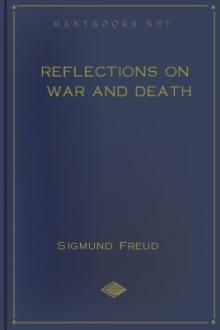
 Free Download
Free Download



















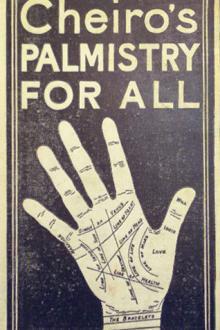
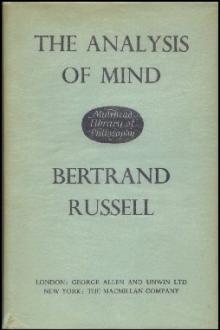

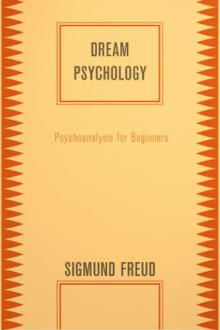
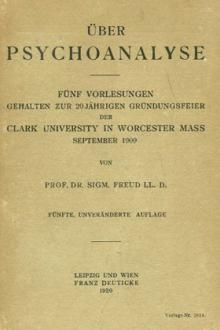
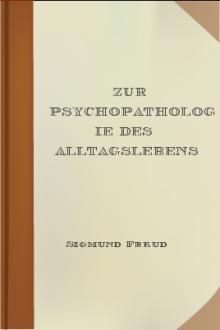
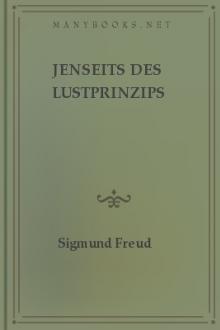
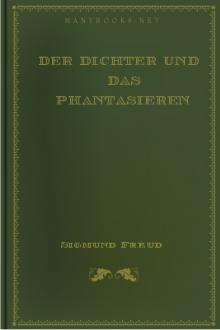
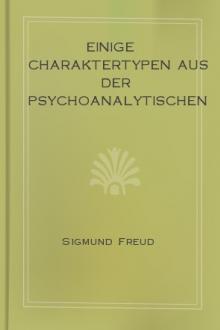


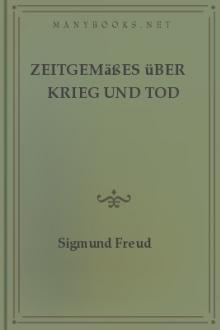

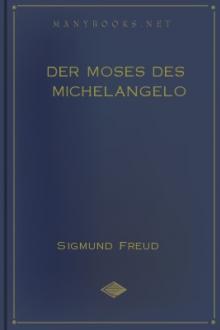
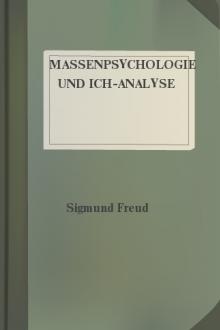
-itok=vcKIB5v1.jpg)